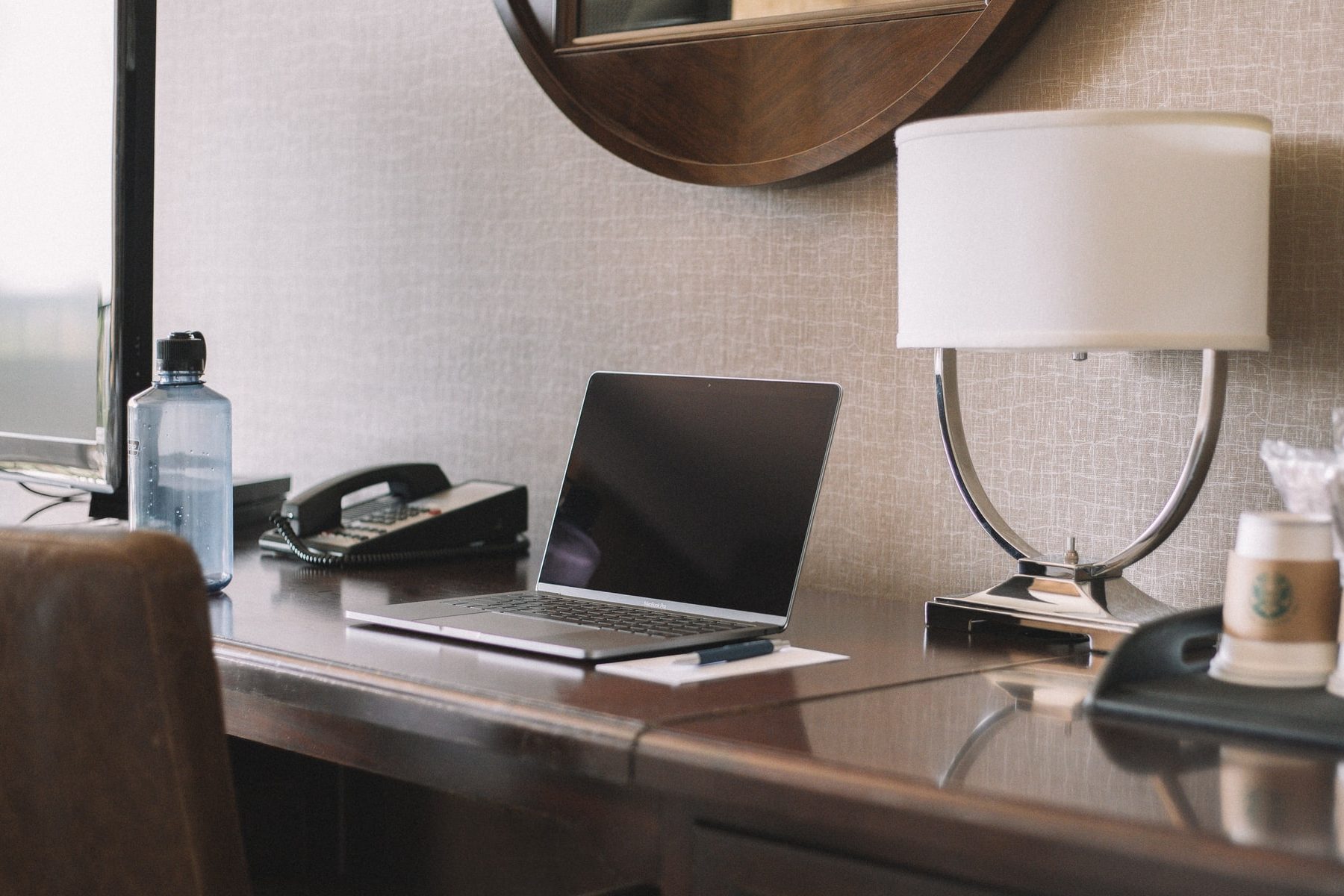Skift Take
It's a clever way to address that demand for more flexibility, and drive more revenue to hotels, but with recovery on the way it's unclear how long the "microstay" trend will last.
Travel technology company Sabre is taking flexible bookings to a new level following a content tie-up with a reservation platform called ByHours.
After teasing a new “microstay” hotel booking concept to Skift in March, Sabre said “hundreds of thousands of travel agents” that use its global distribution system can book rooms by the hour, and not just night, for their corporate customers.
“We do have a hospitality microstay, short-stay capability that’s going to be introduced to the market shortly through travel agencies, to allow us to test the proof of concept for that,” Wade Jones, executive vice president and chief product officer at Sabre, told Skift earlier this year.
Join Us at the Skift Hospitality and Marketing Summit on June 16
The platform, available through its Red App Centre, taps into the growing trend of companies allowing their staff to work from hotel rooms as offices remain closed.
“Today, more than ever, travel buyers want access to a broad range of content that better meets the needs of today’s traveler,” said Traci Mercer, senior vice president of product segment, Sabre Travel Solutions.
Barcelona’s ByHours offers hourly room access at 4,000 hotels across 6,000 destinations, and works with major brands as well as independent properties. It was founded in 2012, targeting business travelers needing a break between flights or meetings, as well as local tourists.
ByHours was fortunate in 2020 in that it raised almost $10 million in January, just before the pandemic hit, in a round led by Mexican investors Angel Ventures and DILA Capital. The money was pegged for global expansion, and it brought the total raised to $22 million.
On its consumer-facing website, it offers stays of three, six and 12 hours. For example, a three-hour stay in a double room at the Mercure London Hyde Park Hotel costs $85.
However, in November last year it launched a business-to-business service called Byhours Direct to help hotels drive more bookings during the pandemic. Following the tie-up, Sabre claims it is the first global platform to offer hotel reservations by the hour.
Counting the Hours
Hotels reacted quickly during the pandemic, converting rooms to makeshift offices. Corporate travel agencies also adapted, with American Express Global Business Travel launching its Workspaces platform in March so customers could more easily book co-working spaces or hotel meeting rooms.
“The Sabre project is a welcome addition to this ever evolving space,” said Ciaran Delany, CEO of Meetingsbooker, which powers Amex GBT’s Workspaces.
However, he warned that as leisure travel recovers, hotels will probably revert back to more higher yielding business models.
“All the major hotel groups are now adding their bedroom workspace product to Meetingsbooker. We welcome this but also feel hotels who add an integrated workspace proposition are likely to remain in this space over the long term as sleeping rooms gradually return to their core offering post Covid,” Delany said.
Register Now for the Skift Hospitality and Marketing Summit on June 16
Have a confidential tip for Skift? Get in touch
Tags: american express global business travel, barcelona, coronavirus, corporate travel, hotels, meetingsbooker, remote work, sabre
Photo credit: ByHours lets hotels offer room reservations by the hour. Justin Docanto / Unsplash
